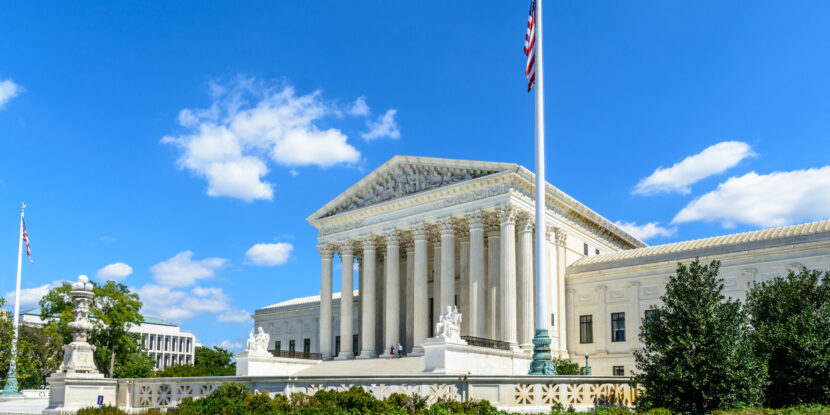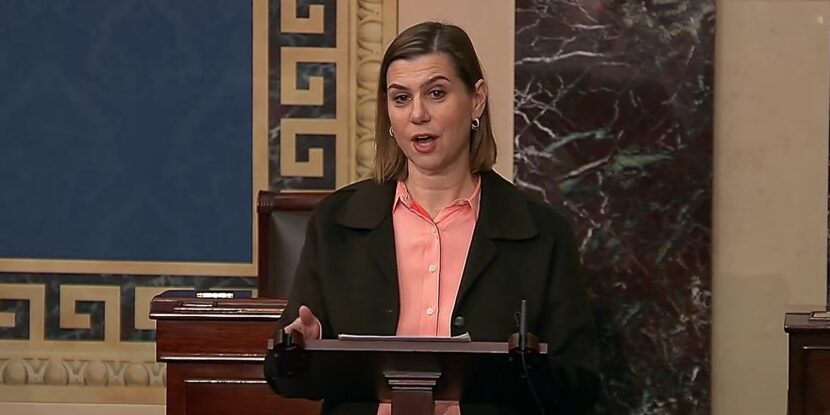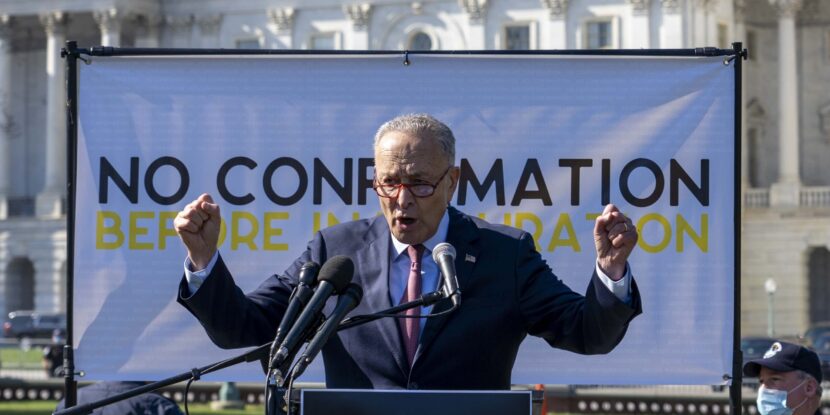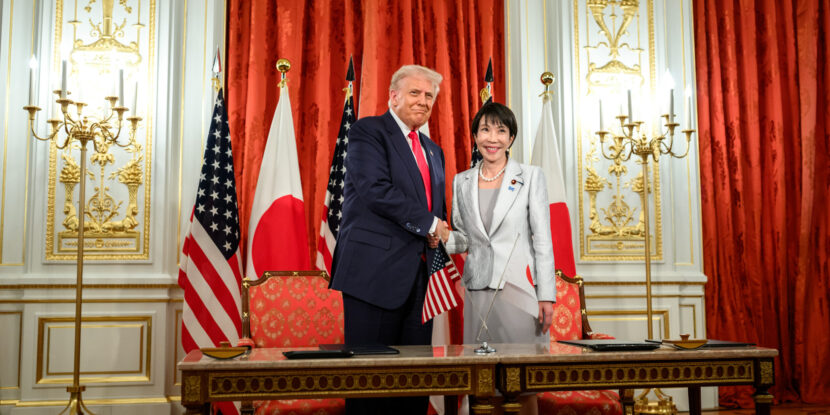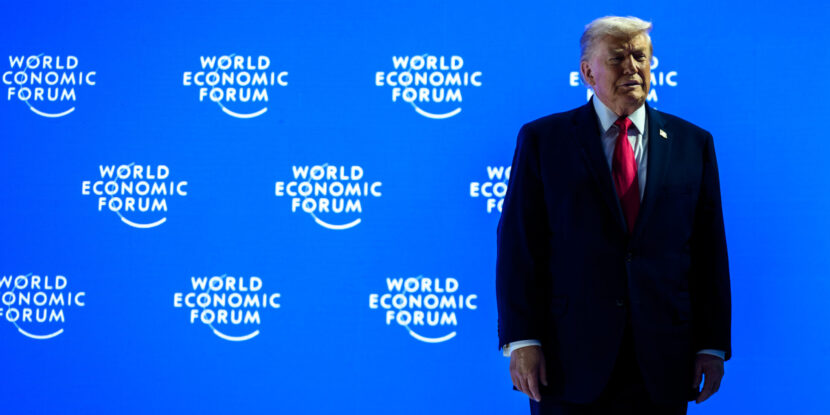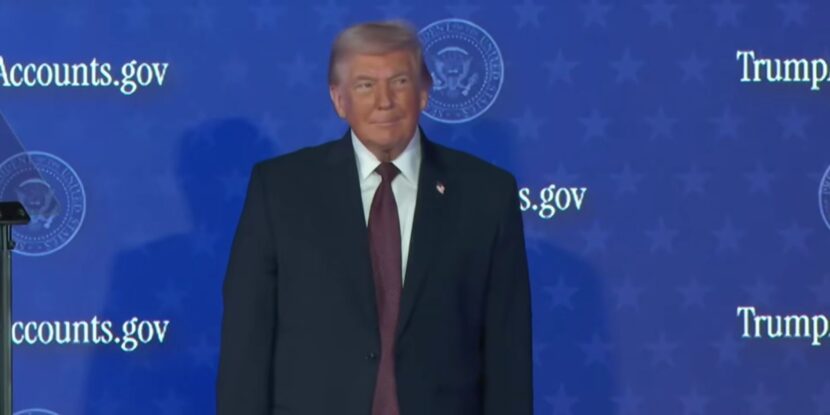PULSE POINTS:
❓What Happened: The Trump administration requested the Supreme Court allow its attempt to end a Joe Biden-era immigration program protecting Venezuelan nationals from deportation.
👥 Who’s Involved: The key figures include U.S. Solicitor General John Sauer, Homeland Security Secretary Kristi Noem, and U.S. Senior District Court Judge Edward Chen.
📍 Where & When: The appeal was filed with the United States Supreme Court after a federal judge in March blocked the Trump administration’s revocation of Temporary Protected Status (TPS) for illegal immigrants from Venezuela.
💬 Key Quote: “The Secretary’s decision whether to designate, extend, or terminate TPS implicates sensitive judgments as to foreign policy and, in this case, the ‘national interest’—a discretionary determination that Congress expressly committed to her judgment,” wrote President Trump’s Solicitor General, John Sauer, in an emergency appeal filed with the high court.
⚠️ Impact: The decision could affect 348,202 Venezuelan nationals in the U.S., facilitating more deportations.
IN FULL:
The Trump administration has filed an emergency appeal with the United States Supreme Court asking it to overturn a lower court order barring Homeland Security Secretary Kristi Noem from ending the Joe Biden-era Temporary Protected Status (TPS) designation granted to Venezuelan illegal immigrants residing in the United States. At the end of March this year, U.S. Senior District Court Judge Edward Chen issued an order preventing the Trump administration from ending the TPS designation, insisting revoking the protections would “inflict irreparable harm on hundreds of thousands of persons whose lives, families, and livelihoods will be severely disrupted, cost the United States billions in economic activity, and injure public health and safety in communities throughout the United States.”
“The Secretary’s decision whether to designate, extend, or terminate TPS implicates sensitive judgments as to foreign policy and, in this case, the ‘national interest’—a discretionary determination that Congress expressly committed to her judgment,” U.S. Solicitor General John Sauer wrote in the Trump administration appeal. He continued, referencing the District Court’s ruling: “The court contravened an express bar on judicial review, sidestepped black-letter law authorizing agencies to reverse as-yet-inoperative actions, and embraced a baseless equal-protection theory on the road to issuing impermissible universal relief that intrudes on central Executive Branch operations.”
“It’s order upsets the judgments of the political branches, prohibiting the Executive Branch from enforcing a time-sensitive immigration policy and indefinitely extending an immigration status that Congress intended to be ‘temporary,” Saur concluded.
Under former President Joe Biden, the TPS program was radically altered by the then-Department of Homeland Security Secretary Alejandro Mayorkas, who originally arrived in the U.S. as a migrant. Congress initially intended the program to be narrow in scope, only granting a short period of protection to individuals who had been displaced by natural disasters or armed conflict. However, the Biden government implemented policy changes turning TPS into a de facto amnesty program.
At the end of January this year, Secretary Noem announced that the Department of Homeland Security was revoking an extension of TPS status for Venezuelans that Biden had enacted just before he left office. The move prompted a group of Venezuelan illegal immigrants to sue the Trump administration with the backing of the ACLU Foundation of Northern California, the Center for Immigration Law and Policy at UCLA School of Law, California, the ACLU Foundation of Southern California, and the National Day Laborer Organizing Network
